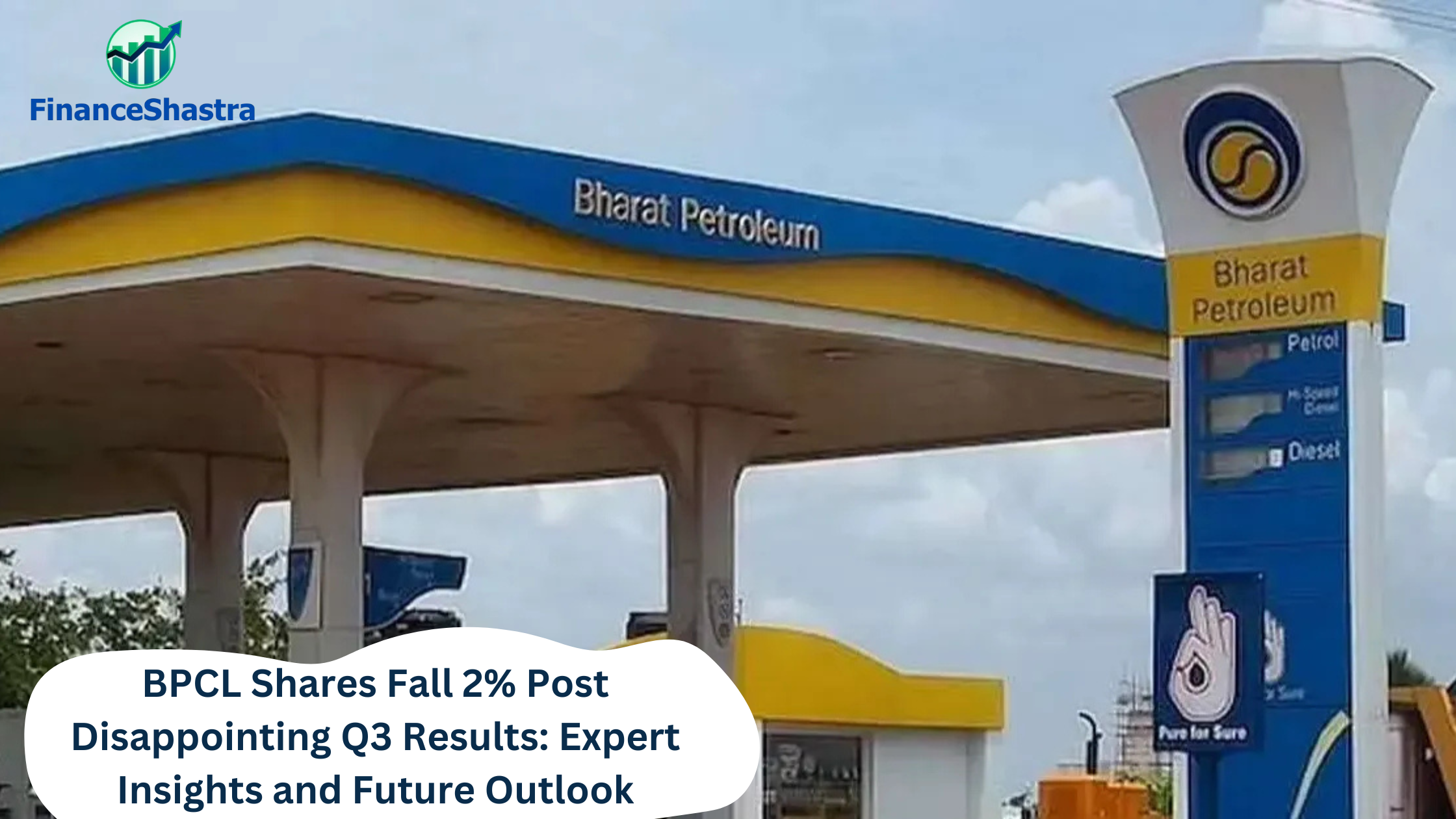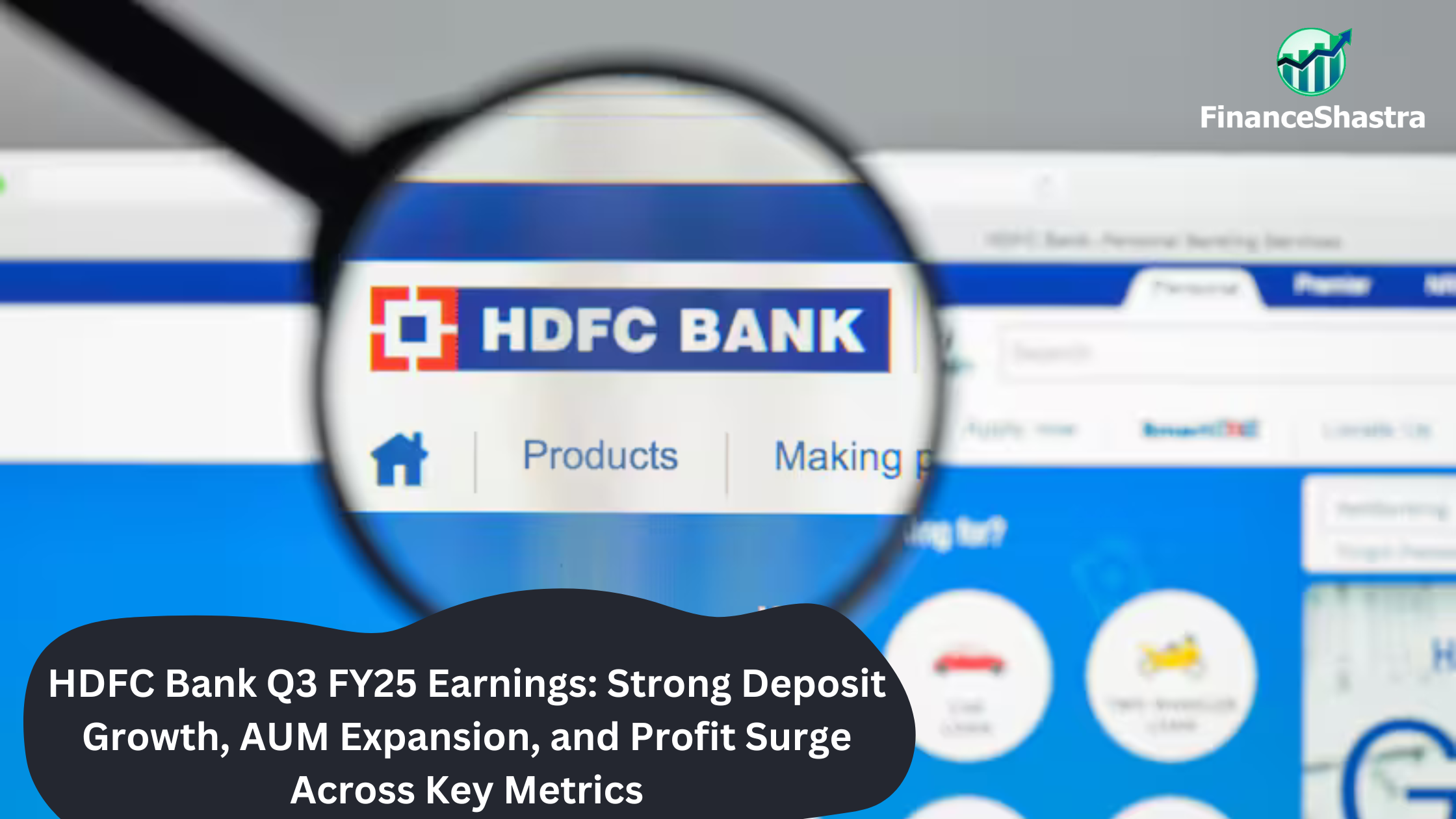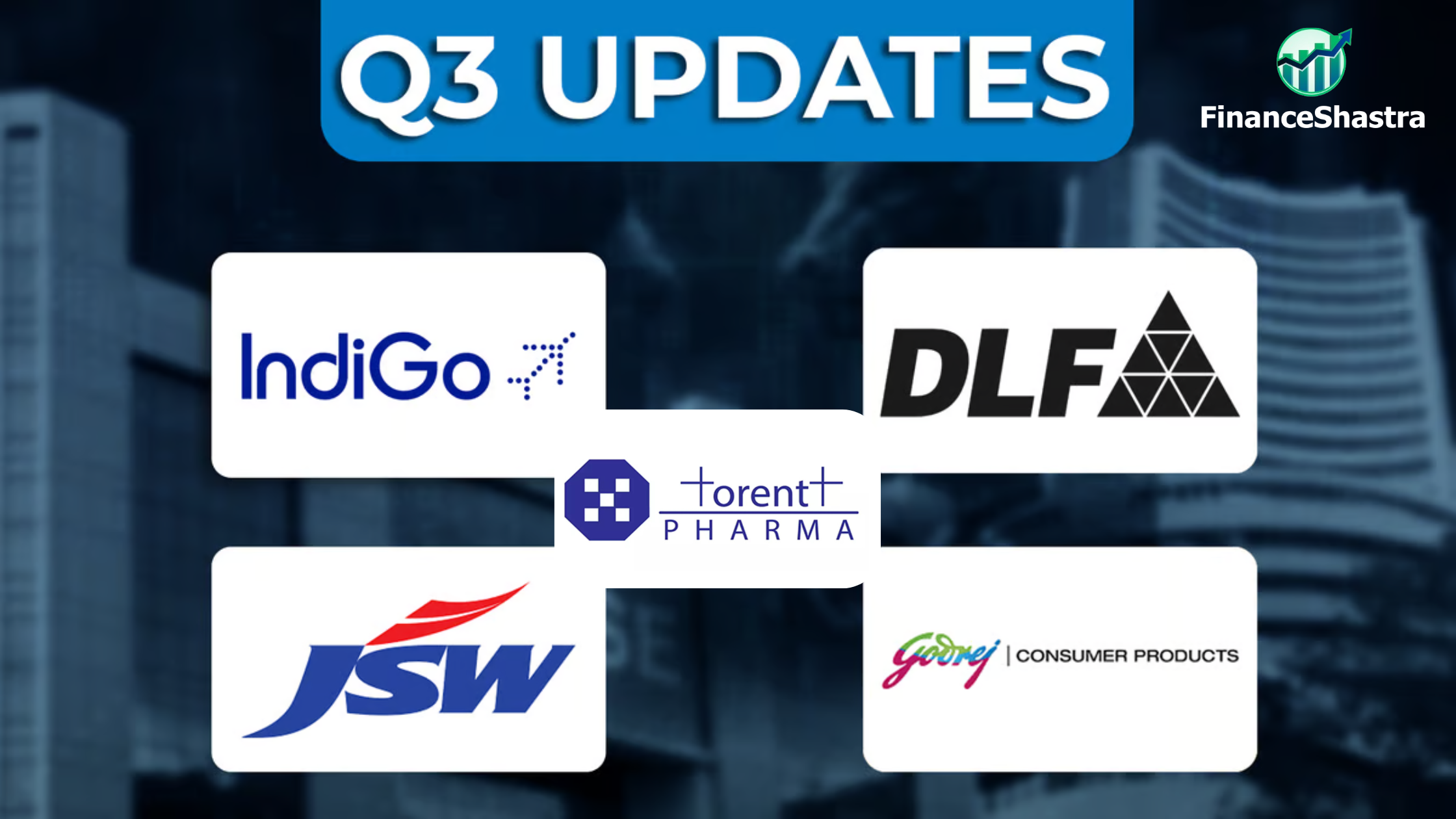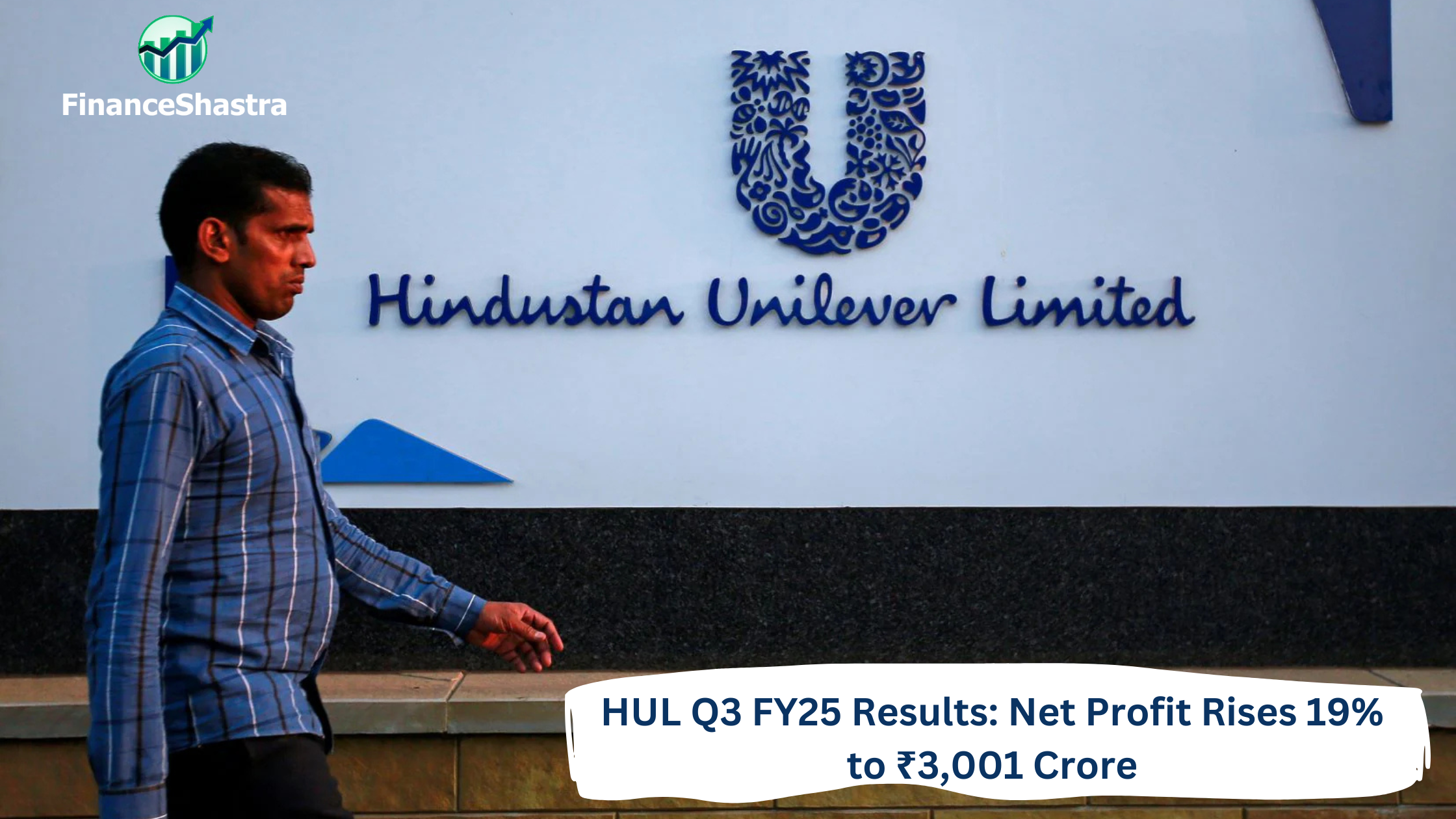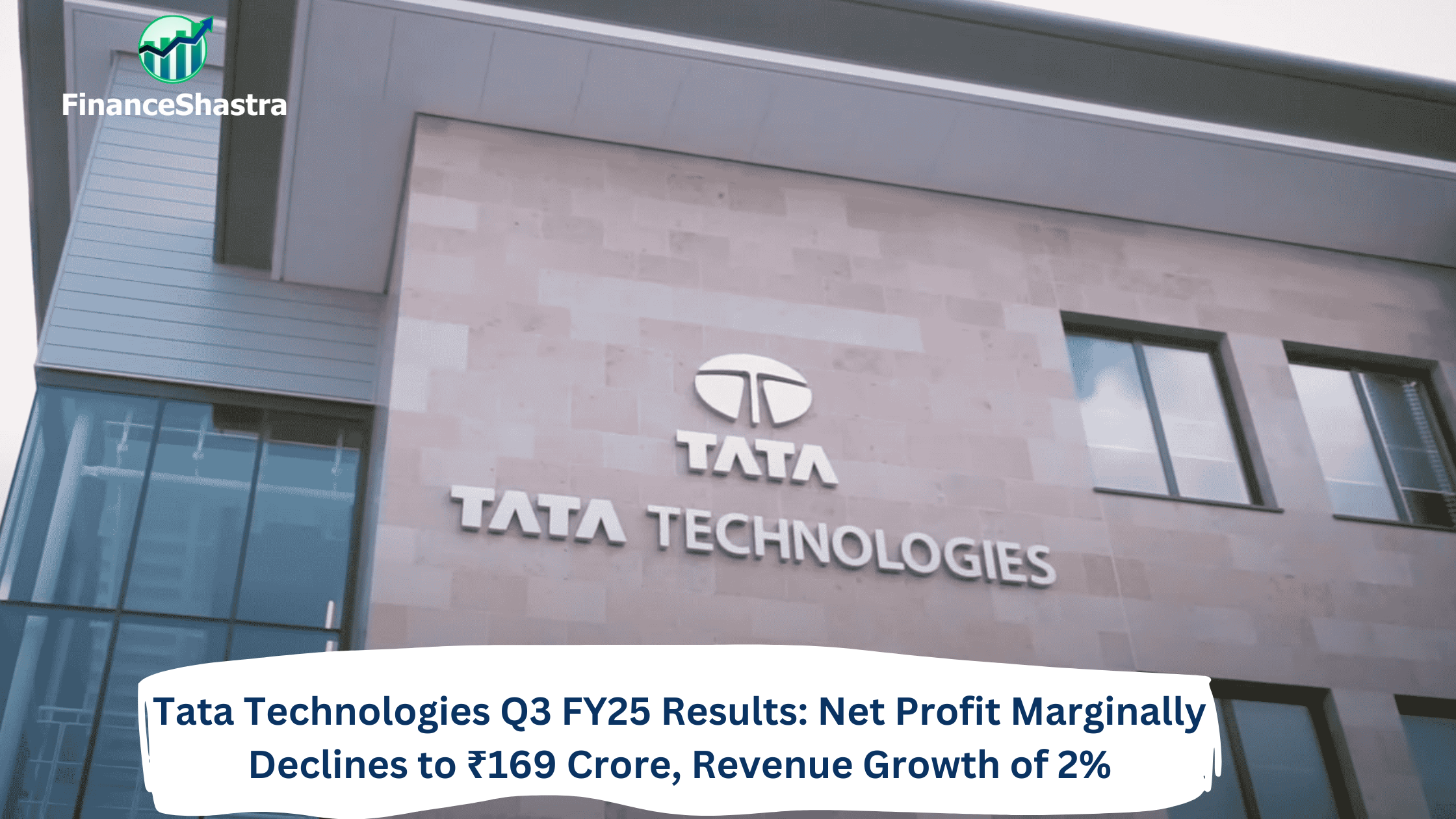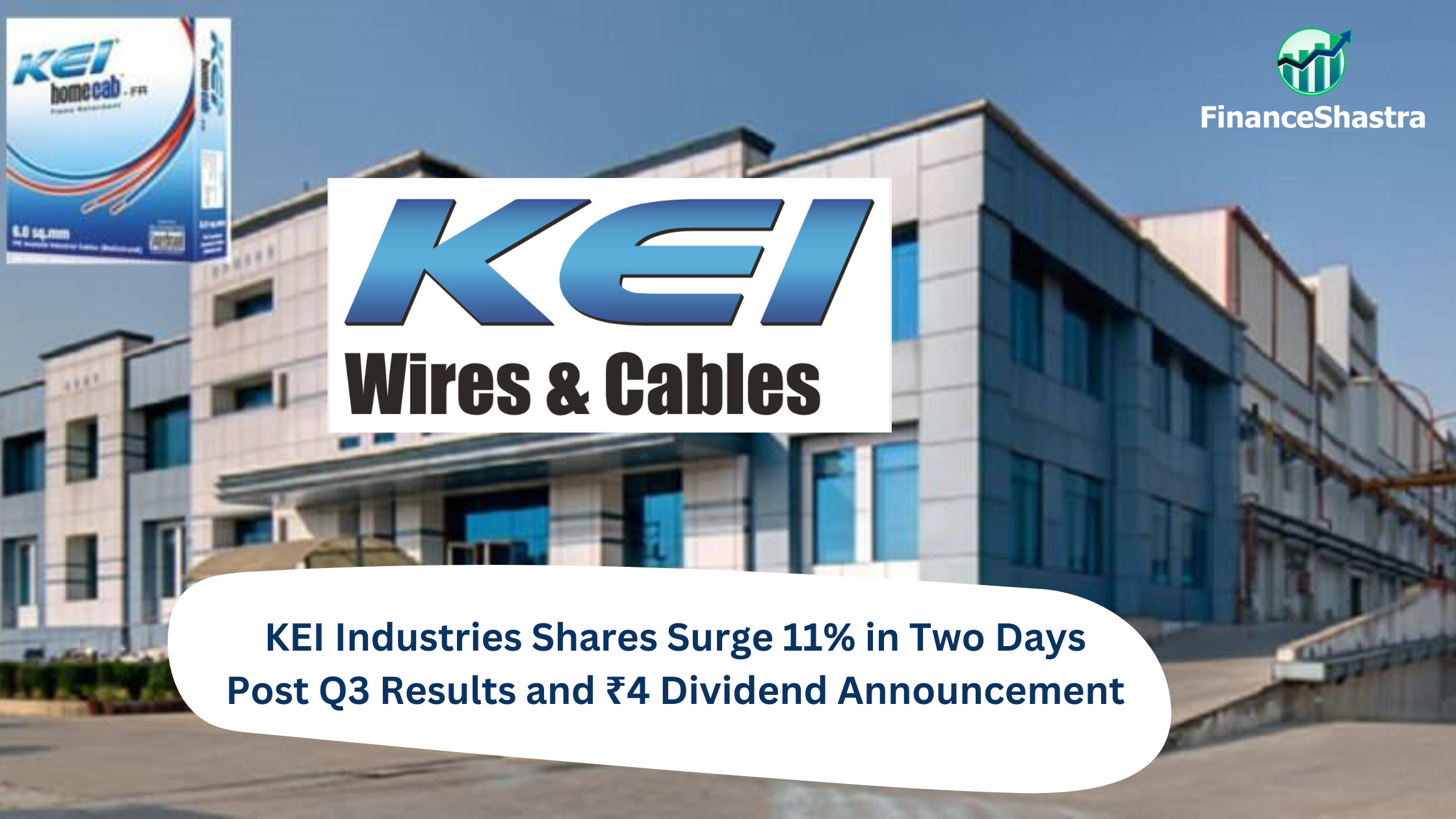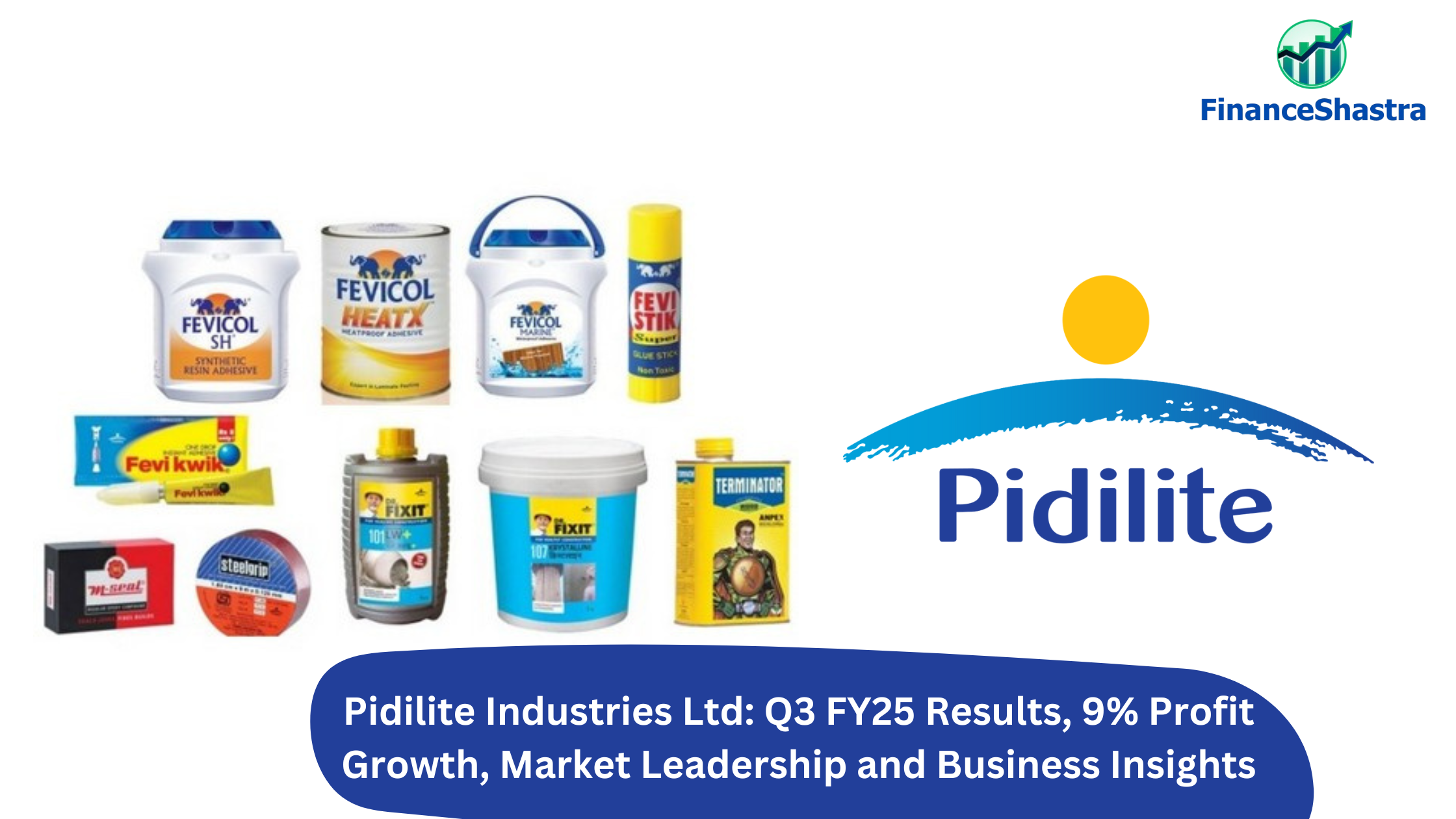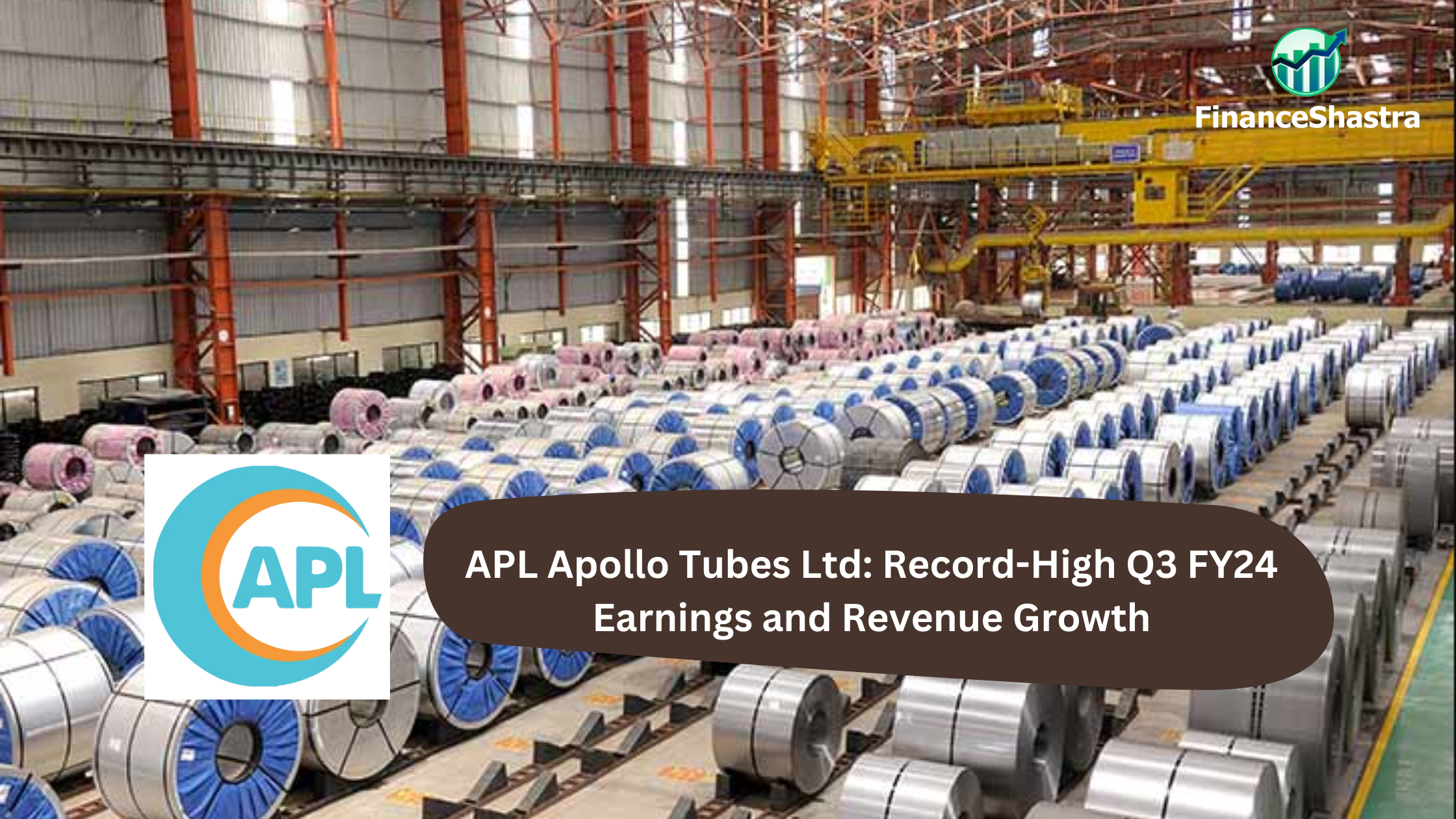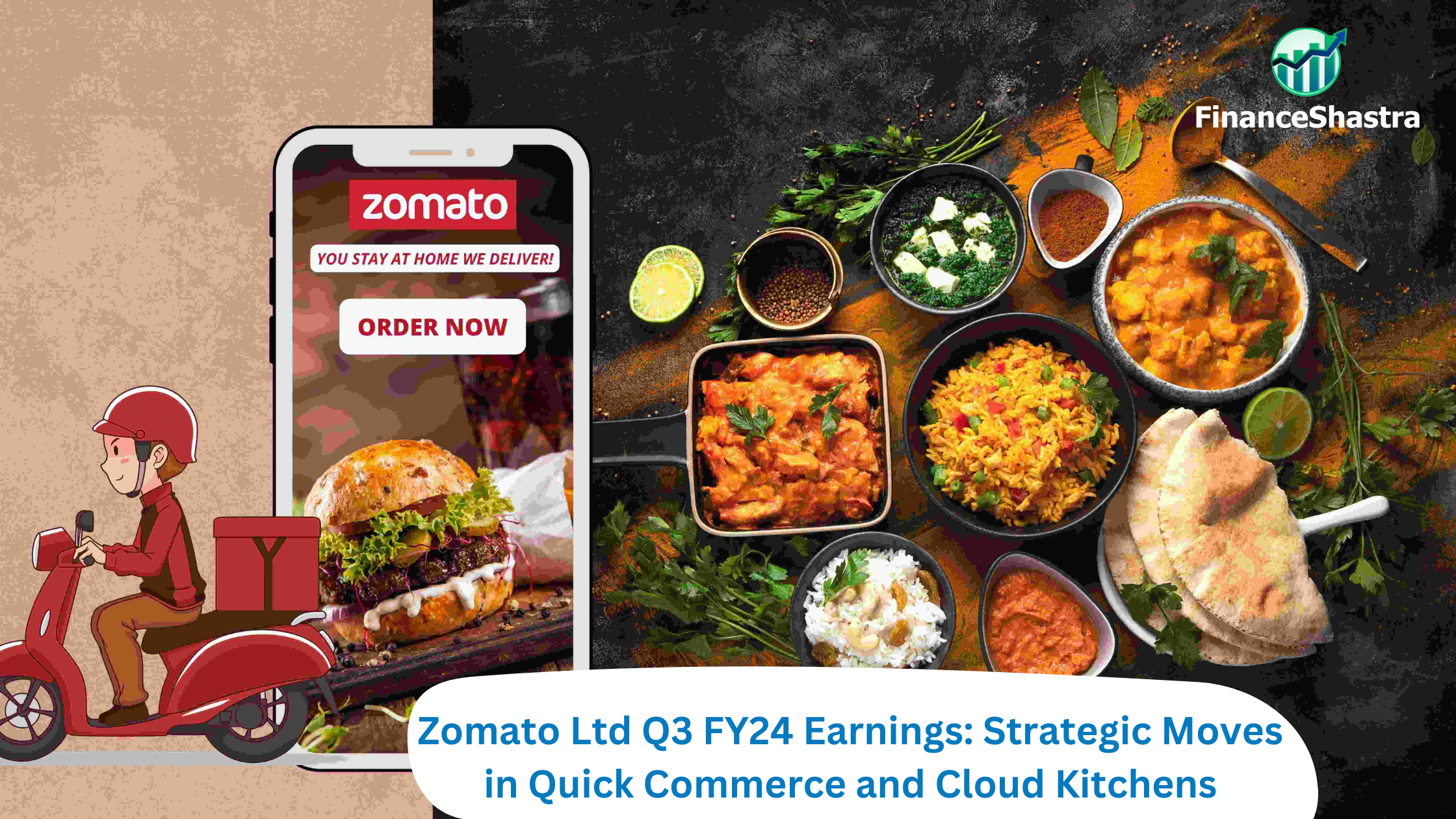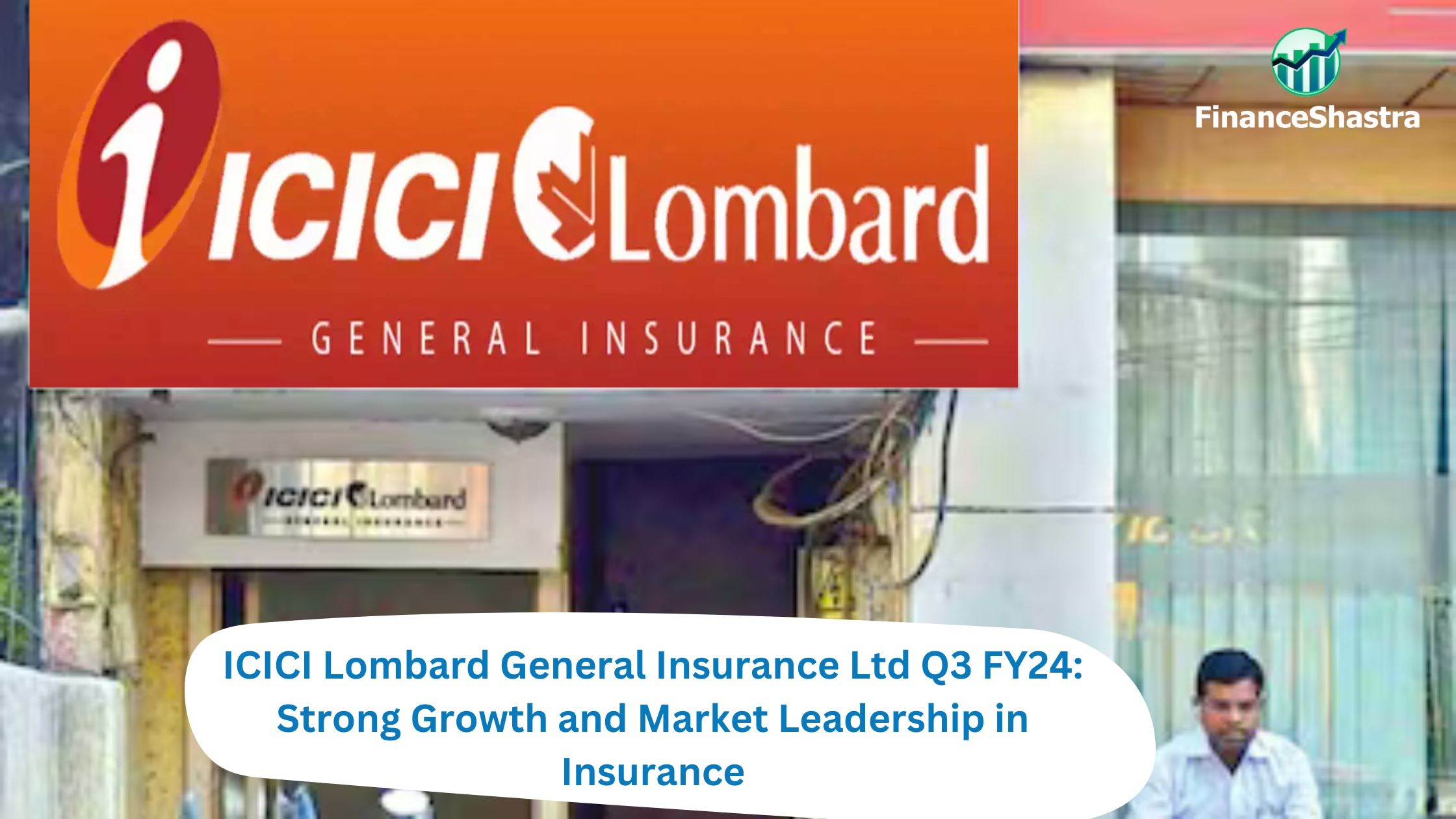BPCL Shares Fall 2% Post Disappointing Q3 Results: Expert Insights and Future Outlook
BPCL Ltd: Overview
Bharat Petroleum Corporation Ltd (BPCL) is one of India’s leading oil and gas companies, engaged in the refining, marketing, and distribution of petroleum products. Established in 1952 and headquartered in Mumbai, BPCL operates as a public sector undertaking (PSU) under the Ministry of Petroleum and Natural Gas. The company is a Fortune Global 500 entity and has consistently been at the forefront of India’s energy sector. BPCL has a robust infrastructure, including four refineries located in Mumbai (Maharashtra), Kochi (Kerala), Bina (Madhya Pradesh), and Numaligarh (Assam), with a total refining capacity of over 35 million metric tonnes per annum (MMTPA). It operates an extensive network of over 20,000 retail outlets, serving diverse sectors such as automotive, industrial, and domestic energy needs.
The Indian oil and gas sector is witnessing significant transformation, driven by increasing energy demand, urbanization, and a shift towards cleaner and sustainable energy sources. BPCL is actively investing in renewable energy, electric vehicle charging infrastructure, and biofuels, aligning itself with India’s energy transition goals. The company’s efforts to enhance its product portfolio and focus on digital transformation position it as a key player in the evolving energy landscape.
Latest Stock News
Bharat Petroleum Corporation Limited (BPCL) may experience a short-term operational impact of 1-2 months as it adjusts its crude oil sourcing strategy amidst the evolving geopolitical landscape. With tightening sanctions on Russian crude oil, the company is shifting its sourcing mix by increasing imports from Saudi Arabia and the United States. This adjustment comes at an additional cost of $2-3 per barrel, according to BPCL Chairman and Managing Director G. Krishnakumar. Currently, Russian crude accounts for approximately 35% of BPCL’s crude oil mix. On the issue of LPG under-recoveries, Krishnakumar expressed optimism, saying, “Last year, the government supported us with a subsidy of about ₹5,000 crore, and we are hopeful for similar support this year. While the exact timeline is uncertain, we expect it by March.” BPCL’s current LPG under-recovery stands at ₹7,200 crore.
BPCL reported a gross refining margin (GRM) of $5.60 per barrel for the third quarter, slightly below market expectations but higher than the previous quarter’s $4.41 per barrel. The company is also progressing with the initial public offering (IPO) of Maharashtra Natural Gas Limited (MNGL), a joint venture with GAIL India. “Our board has approved the proposal, and we are awaiting approvals from GAIL’s board and DIPAM. We expect this process to be completed within the next four to five months,” he stated.
Additionally, BPCL has secured a ₹31,802 crore loan agreement with a State Bank of India (SBI)-led consortium to fund the development of a petrochemical complex and the brownfield expansion of its refinery capacity at Bina, Madhya Pradesh. The consortium includes Punjab National Bank, Union Bank of India, Canara Bank, Bank of India, and the Export-Import Bank of India. The expansion will increase BPCL’s Bina refinery capacity from 7.8 million tonnes per annum (MMTPA) to 11 MMTPA, supporting the feedstock needs of its petrochemical plants.
Business Segments
- Refining: BPCL operates four technologically advanced refineries located in Mumbai (Maharashtra), Kochi (Kerala), Bina (Madhya Pradesh), and Numaligarh (Assam). Together, these refineries boast a combined refining capacity of over 35 million metric tonnes per annum (MMTPA), producing a diverse range of petroleum products. These include petrol, diesel, kerosene, liquefied petroleum gas (LPG), aviation turbine fuel, and various specialty chemicals. The company also focuses on maximizing the production of value-added and high-margin products, contributing significantly to its revenue and profitability.
- Marketing: BPCL has an extensive and well-established marketing network across India, consisting of more than 20,000 retail outlets, LPG distributorships, and a robust presence in the lubricants market. Through its flagship “Bharatgas” LPG brand, BPCL serves millions of households, industries, and commercial establishments daily. The company’s “MAK Lubricants” brand is a trusted name in the automotive and industrial lubricants segment, offering a wide range of high-quality products. They offer value-added services such as automation for accurate fuel dispensing, EV charging stations to support the transition to electric mobility, and loyalty programs to enhance customer retention.
- Gas Business: BPCL has emerged as a significant player in India’s growing natural gas sector, catering to industrial, commercial, and residential customers. The company is actively involved in the supply and distribution of liquefied natural gas (LNG) and compressed natural gas (CNG), meeting the rising demand for cleaner and more sustainable energy solutions. As part of its expansion strategy, BPCL is investing heavily in city gas distribution (CGD) networks, with licenses to operate in multiple geographical areas across India. BPCL’s commitment to expanding its gas business aligns with the government’s vision of increasing the share of natural gas in India’s energy mix.
- Renewable Energy: BPCL is actively diversifying its portfolio to include renewable energy sources, reflecting its commitment to sustainability and India’s energy transition goals. The company is exploring opportunities in solar and wind energy, with an initial focus on solar installations at its retail outlets and industrial facilities. Additionally, BPCL is investing in the production of biofuels, such as ethanol and biodiesel, to reduce dependency on fossil fuels and lower carbon emissions.
- International Trade and Exports: BPCL plays a vital role in India’s export market, leveraging its strategic refinery locations and high-quality production capabilities. The company exports a wide range of refined petroleum products, including aviation turbine fuel, naphtha, lubricants, and other specialty chemicals, to various countries worldwide. BPCL’s strong presence in international markets, particularly in regions like the Middle East, Southeast Asia, and Africa, underscores its global competitiveness.
Subsidiary Information
- Bharat PetroResources Ltd (BPRL): BPRL serves as the upstream exploration and production (E&P) arm of BPCL, focusing on the acquisition and development of oil and gas assets. The subsidiary holds stakes in several blocks across India and overseas, including high-potential regions such as Mozambique, Brazil, and Indonesia. BPRL’s activities contribute to BPCL’s long-term strategy of securing energy resources and reducing dependency on imported crude oil.
- Numaligarh Refinery Ltd (NRL): Located in Assam, NRL operates a refinery that primarily caters to the energy needs of India’s north eastern region. The refinery is strategically positioned to produce value-added products and supply petroleum products to neighbouring countries, further enhancing BPCL’s regional presence. NRL is also involved in expanding its capacity and developing a bio-refinery for sustainable fuel production.
- Indraprastha Gas Ltd (IGL): BPCL holds a stake in Indraprastha Gas Ltd, a key player in the distribution of compressed natural gas (CNG) and piped natural gas (PNG) in the Delhi-NCR region. IGL’s operations align with BPCL’s gas business strategy, contributing to the transition towards cleaner energy solutions in urban areas.
- Petronet LNG Ltd: BPCL is a significant stakeholder in Petronet LNG, which operates LNG terminals and imports liquefied natural gas for distribution across India. The partnership enables BPCL to strengthen its presence in the LNG market and meet the growing demand for natural gas in industrial and commercial sectors
Q3 FY25 Earnings
- Revenue of ₹113166 crore in Q3 FY25 down by 2.02% YoY from ₹115499 crore in Q3 FY24.
- EBITDA of ₹7456 crore in this quarter at a margin of 7% compared to 5% in Q3 FY24.
- Profit of ₹3806 crore in this quarter compared to a ₹3181 crore profit in Q3 FY24.
Financial Summary
| Amount in ₹ Cr | Q3 FY24 | Q3 FY25 | FY23 | FY24 |
| Revenue | 115499 | 113166 | 473187 | 448083 |
| Expenses | 109300 | 105710 | 462288 | 404001 |
| EBITDA | 6199 | 7456 | 10899 | 44082 |
| OPM | 5% | 7% | 2% | 10% |
| Other Income | 919 | 548 | 2036 | 3032 |
| Net Profit | 3181 | 3806 | 2131 | 26859 |
| NPM | 2.8% | 3.4% | 0.5% | 5.9% |
| EPS | 7.3 | 8.8 | 4.9 | 61.9 |

